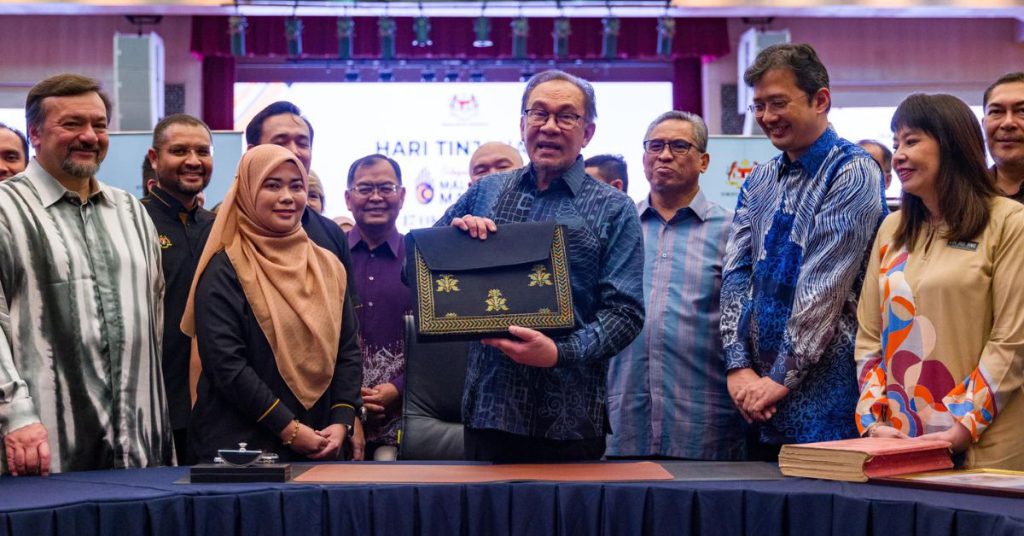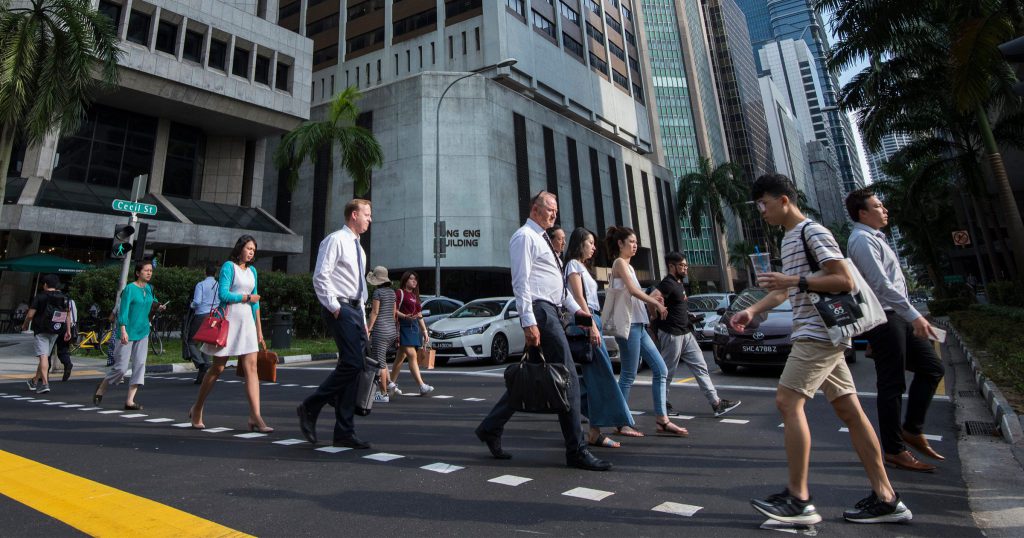Prime Minister Datuk Seri Anwar Ibrahim, who is also Malaysia’s Finance Minister, has tabled the 2025 Budget in parliament today (October 18, 2024).
Here’s a breakdown of what you need to know, from tax changes and subsidy adjustments to incentives.
Taxes
Sales tax on luxury goods
While basic food items will be spared, expect to see a sales tax on non-essential, premium imported goods like salmon and avocados starting May 1, 2025.
New dividend tax for high earners
For those earning more than RM100,000 in dividend income, a 2% tax will kick in from 2025 onwards.
However, there’s good news for those investing in government-linked savings like Employee Provident Fund (EPF) or Permodalan Nasional Berhad (PNB) unit trusts, as these may be exempted, as well as dividend income from abroad.
Excise duty hike on sugary drinks
In an effort to combat rising diabetes rates, the excise duty on sugary drinks will rise by 40 cents per litre from January 2025.
Funds raised from this increase will go towards healthcare initiatives like diabetes treatment and dialysis care, especially for rural areas like Felda settlements.
Subsidies
RON95 petrol and electricity subsidies stay (for most)
Most Malaysians will continue to benefit from RON95 petrol subsidies well into 2025.
The government’s plan to introduce targeted subsidies for RON95 will likely kick in mid-2025, but 85% of the population, especially lower-income groups, won’t feel the pinch. Similarly, electricity subsidies remain untouched for the vast majority.
Education and healthcare subsidy adjustments
For the top 15% of earners, or what the government calls the T15 income group, subsidies on education and healthcare will be gradually reduced.
Savings from this cut will be redirected to upgrade public university infrastructure and boarding school facilities, ensuring those who need it most still receive support.
Incentives
Tax breaks for homeowners
First-time homebuyers have a reason to celebrate. The government is offering tax relief on loan interest payments, up to RM7,000 for homes valued at RM500,000 or less, and up to RM5,000 for homes between RM500,001 and RM750,000.
This incentive is available for three years for those who sign sale and purchase agreements from January 1, 2025, to December 31, 2027.
High-value jobs and smart logistics
A new Investment Incentive Framework, rolling out by Q3 of 2025, is set to boost high-value sectors. Tax incentives will target export growth, particularly in integrated circuit (IC) design.
Special tax deductions will be offered to private higher education institutions developing cutting-edge courses in digital technology, artificial intelligence (AI), fintech, and other future-focused areas.
Green technology incentives
To support sustainable development, companies involved in Carbon Capture, Utilisation, and Storage (CCUS) activities can look forward to tax breaks.
Additionally, the introduction of a Carbon Tax in 2026 will apply to the iron and steel industry as well as the energy sector, encouraging a shift towards low-carbon technologies.
RM1 billion for startups and venture capital
Khazanah is launching the National Fund-of-Funds (NFOF) with RM1 billion to boost startup investments, with RM300 million earmarked for 2025.
KWAP’s “Dana Perintis” initiative will further inject RM1 billion, including RM200 million in 2025, specifically to support local startups.
Regional development in focus
The government is also focusing on reducing economic gaps between regions, particularly in Perlis, Kedah, Kelantan, Terengganu, Sabah, and Sarawak.
Special income tax incentives will be granted to investments in 21 key sectors within these states. In Johor, a new Special Economic Zone is being developed, with further incentives expected by year-end to create high-value jobs.
- Read other articles we’ve written about Budget 2025 here.
Featured Image Credit: Prime Minister Datuk Seri Anwar Ibrahim Facebook











